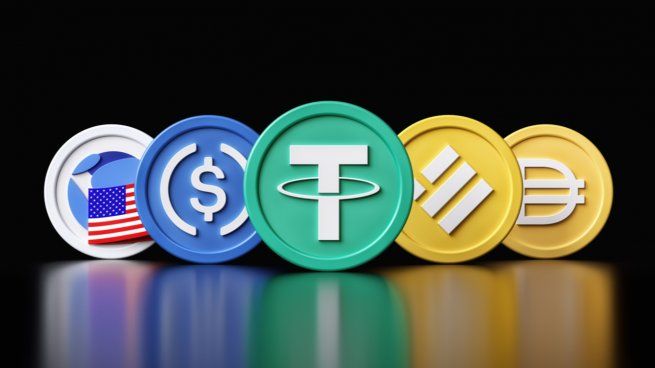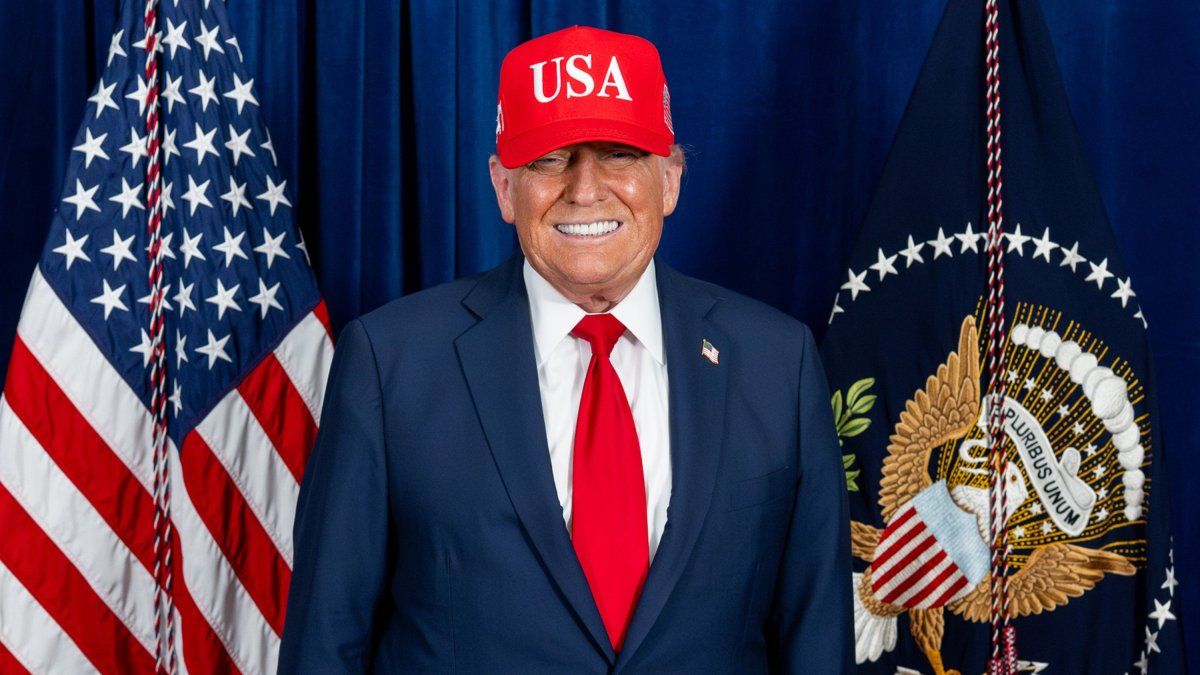The decision is aligned with the Brazilian government’s intention to increase supervision of the foreign exchange market, while its currency is devalued.
The Central Bank of Brazil (BCB) considers prohibiting withdrawals of stablecoins such as USDT from Tether to self-custody wallets such as MetaMask, in a context of devaluation of the realthe currency of the main South American economy. The proposal is part of a draft regulation and is subject to public consultation until February 28, 2025.
The content you want to access is exclusive to subscribers.
“The virtual asset service provider is prohibited from transferring virtual assets denominated in foreign currency to a self-custody wallet,” the proposal states. The proposed restrictions align with the Brazilian government’s push to increase supervision of the foreign exchange market and regulate Brazilian capital abroad.


According to the BCB consultation document, The initiative aims to amend existing 2022 resolutions related to virtual asset service providers (VASPs) in the foreign exchange market. Under the proposal, VASP service providers would be required to provide the BCB with information including customer verification, transferred values and other details.
Are investors taking refuge in stablecoins while the real devalues?
This occurs while The Brazilian real accumulates a devaluation of 23% in 2024, which led it to exceed 6 units per dollar this Monday. In this framework, some analysts maintain that many investors have resorted to protecting themselves in stablecoins such as USDT.
According to Chainalysis, Brazil was the second largest market globally in terms of stablecoin transactions in the last yearwith the country’s transaction volumes representing 59.8% of its entire crypto market.
The neighboring country registered $90 billion in cryptocurrency revenue In the last year, only US$1,000 million less than Argentina.
Why self-custody wallets?
While cryptocurrency and stablecoin transactions are subject to Know Your Customer (KYC) verifications and monitoring by centralized exchanges, Self-custody wallets do not require user information to deposit or withdraw funds.
By definition, self-custodial or non-custodial wallets provide a method of interacting with cryptocurrencies associated with full responsibility and ownership of the assets held. According to some self-custody advocates, there are ways for regulators to limit the use of self-custody wallets, but there is no way to ban completely said wallets.
Source: Ambito
I am an author and journalist who has worked in the entertainment industry for over a decade. I currently work as a news editor at a major news website, and my focus is on covering the latest trends in entertainment. I also write occasional pieces for other outlets, and have authored two books about the entertainment industry.




